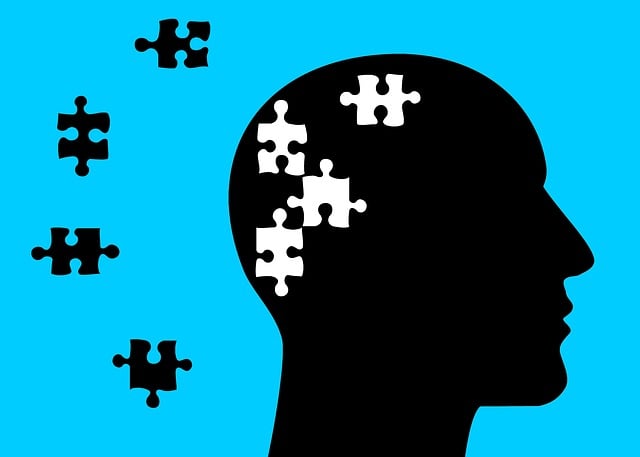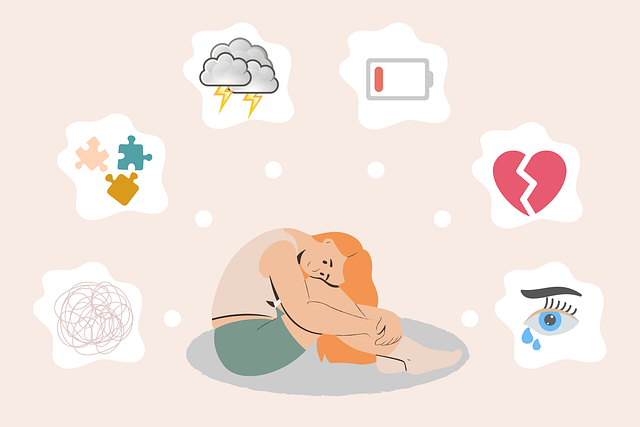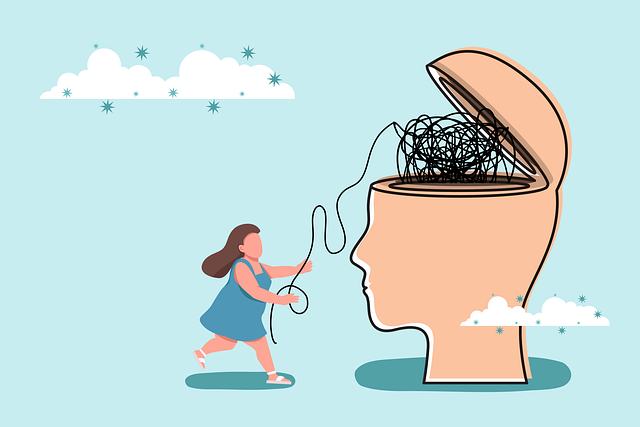Domestic violence survivors face significant stress, impacting both physical and mental health. Effective stress reduction through tailored therapies like CBT and EMDR, along with support groups, builds resilience. Self-care practices such as mindfulness, exercise, and quality sleep are essential. Therapy for Adults Domestic Violence provides safe spaces to process trauma, develop coping skills, and engage in social activities fostering emotional stability. Support systems and awareness campaigns are crucial for early intervention and promoting long-term mental well-being.
Stress reduction is a vital aspect of healing for adults navigating domestic violence. This article explores comprehensive strategies to alleviate stress, focusing on therapeutic approaches tailored to this unique population. We delve into understanding the profound impact of stress in such situations and offer practical self-care techniques to foster resilience. Additionally, we highlight support systems and resources, emphasizing the importance of therapy for adults experiencing domestic violence as a pathway to recovery and a brighter future.
- Understanding Stress and Its Impact on Adults in Domestic Violence Situations
- Therapeutic Approaches for Effective Stress Reduction
- Practical Self-Care Strategies to Combat Daily Stressors
- Support Systems and Resources for Recovery and Resilience
Understanding Stress and Its Impact on Adults in Domestic Violence Situations

Stress is a pervasive issue that significantly impacts adults caught in domestic violence situations. This complex emotional response can manifest in various ways, from physical symptoms like elevated heart rate and chronic pain to mental health challenges such as anxiety and depression. The constant fear, uncertainty, and trauma associated with domestic violence make it particularly hard for adults to unwind and relax, leading to prolonged periods of heightened stress.
Understanding the impact of stress is crucial in providing effective therapy for adults in domestic violence situations. It’s not just about coping mechanisms; it involves addressing the root causes through mental wellness initiatives like journaling exercises and guidance, which can help individuals process their experiences and promote positive thinking. Mental Health Policy Analysis and Advocacy plays a vital role in ensuring that survivors have access to comprehensive resources and support systems tailored to their unique needs.
Therapeutic Approaches for Effective Stress Reduction

Many therapeutic approaches are effective for stress reduction, especially when tailored to individuals’ unique experiences and needs. One such approach is cognitive-behavioral therapy (CBT), which helps individuals identify and change negative thought patterns and behaviors contributing to stress. This form of therapy is well-documented in its success for a range of issues, including managing anxiety and depression, two conditions often linked to elevated stress levels.
For survivors of domestic violence, specialized therapy can be life-changing. Trauma-focused therapies, such as Eye Movement Desensitization and Reprocessing (EMDR), aid in processing traumatic memories and building resilience. Additionally, support groups facilitate connection and shared experiences, fostering a sense of community and reducing feelings of isolation. Public awareness campaigns about domestic violence play a crucial role in normalizing discussions around stress and trauma stemming from abuse, encouraging individuals to seek help before burnout sets in, particularly among healthcare providers who may be at higher risk due to their demanding professions.
Practical Self-Care Strategies to Combat Daily Stressors

In the face of daily stressors, adopting practical self-care strategies is essential for maintaining mental well-being. Simple yet effective techniques such as mindfulness meditation, regular exercise, and adequate sleep can significantly reduce stress levels. Engaging in hobbies, spending time in nature, and practicing deep breathing exercises are also powerful tools to combat anxiety relief. Additionally, seeking therapy for adults experiencing domestic violence can provide a safe space to process trauma and build resilience.
Building on these foundational practices, social skills training and confidence-boosting activities play a crucial role in managing stress over the long term. Engaging in social interactions that foster positive relationships and participating in community events can create a support system that helps buffer against daily stressors. By incorporating these strategies into their routines, individuals can better navigate life’s challenges and cultivate a stronger sense of emotional stability.
Support Systems and Resources for Recovery and Resilience

Support systems and resources play a pivotal role in an individual’s recovery from stressful situations, especially when facing domestic violence. Seeking therapy for adults who have experienced such trauma is a powerful step towards healing. Professional therapists equipped with specialized training in trauma-informed care can provide safe spaces for individuals to process their experiences and develop effective coping skills. This therapeutic journey often involves exploring underlying issues, building resilience, and fostering positive self-care practices.
In addition to therapy, there are numerous resources available to support recovery and enhance resilience against stress. Support groups offer a sense of community and understanding, where individuals can share their stories and learn from others’ experiences. Online platforms and mobile apps also provide accessible tools for managing stress, promoting mindfulness, and teaching valuable coping skills based on the principles of mind over matter. These resources collectively empower individuals to navigate challenging situations and cultivate long-lasting mental well-being.
In navigating the complex landscape of domestic violence, stress reduction becomes a crucial component of healing. By understanding the profound impact of stress on adults in these situations, utilizing therapeutic approaches tailored to their needs, adopting practical self-care strategies, and accessing supportive resources, individuals can foster resilience and embark on a path towards recovery. Therapy for adults experiencing domestic violence plays a vital role in addressing underlying stressors, enabling them to break free from harmful cycles and build a better future.














